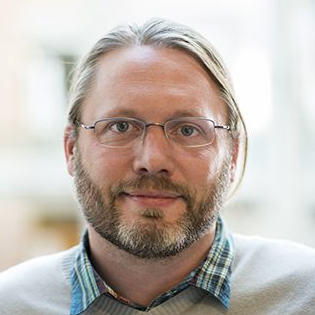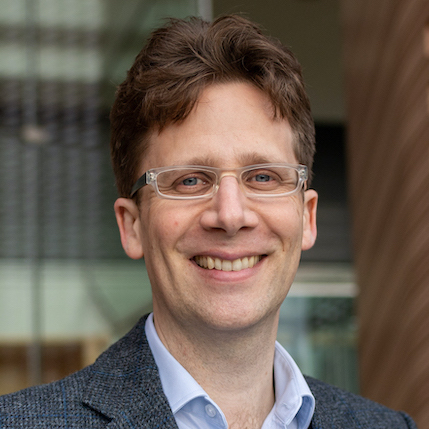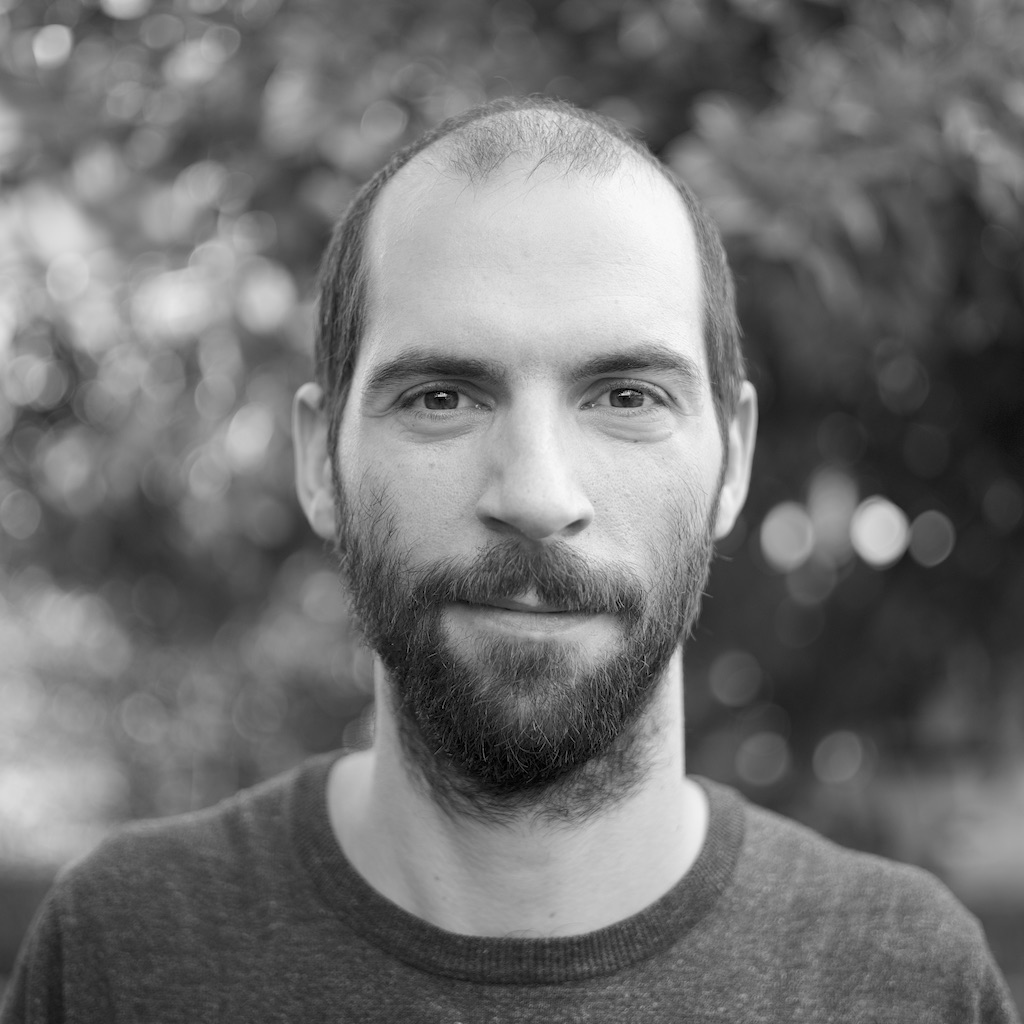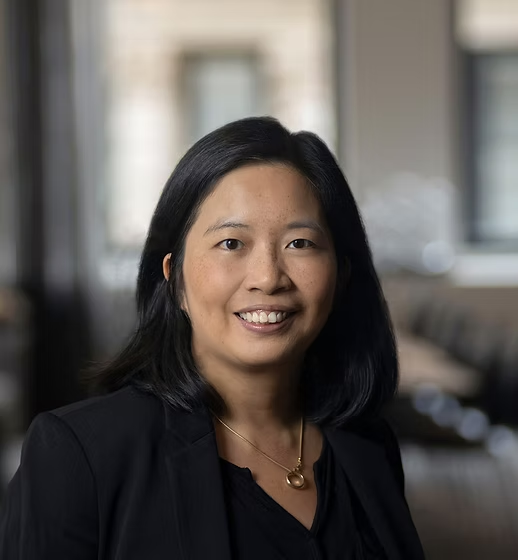Keynote Speakers

Luke Zettlemoyer (University of Washington / Meta)
Mixed-modal Language Modeling

Tom Griffiths (Princeton University)
Mapping the Jagged Edges of AI with Cognitive Science

Nicholas Carlini (Anthropic)
Are the harms and risks of LLMs worth it?

Shirley Ho (Flatiron Institute)
Building a Polymathic Foundation Model for Science

Gillian Hadfield (Johns Hopkins University)
Alignment is social: lessons from human alignment for AI